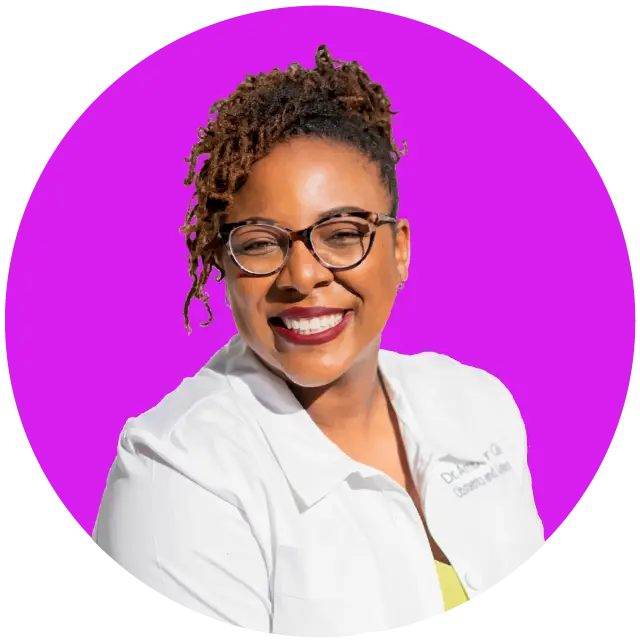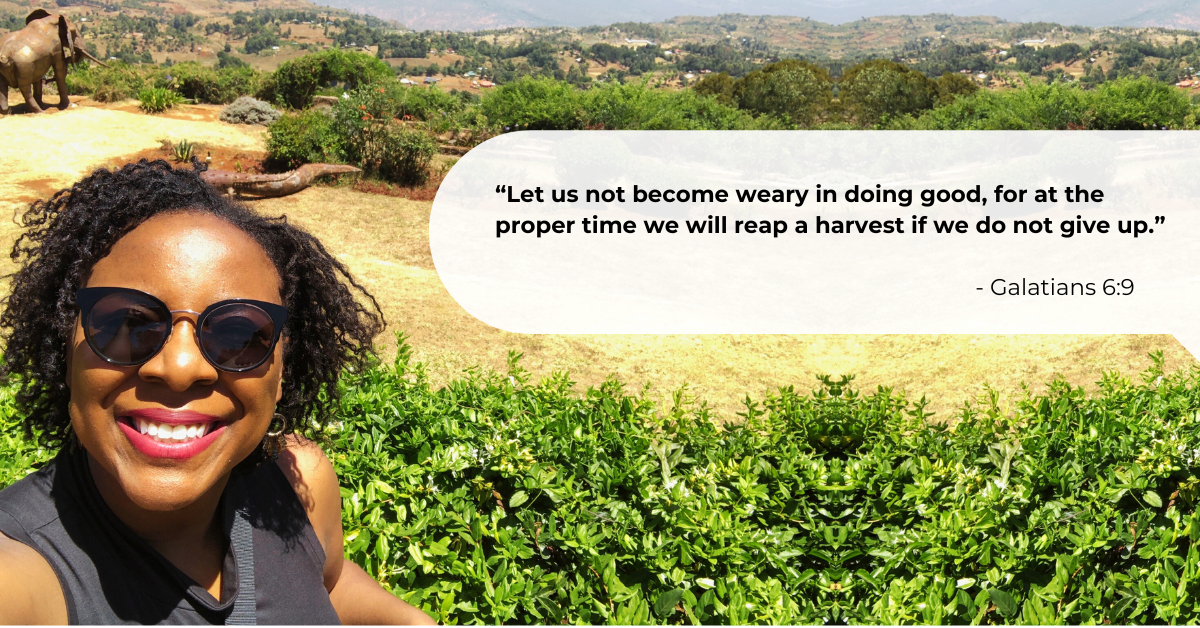February 2019 Arrival
I spent a month in Kapsowar, a predominantly Kalenjin rural community located about 8 hours outside of Nairobi, the capital of Kenya. I had done everything to prepare – I had studied Kiswahili, the national language of Kenya, for months in preparation for this mission trip. I had rolled all of my clothes military-style and said heartfelt goodbyes to my loved ones. This was my third year of training as a resident OBGYN, and unlike my colleagues, I had decided that I wanted to go back to Kenya (I had previously studied in Kenya for 8 months years earlier as a study abroad student). Admittedly, my previous trip to Kenya was eye-opening but humbling because many of my experiences felt as though I was an observer of sorts, a tourist, taking in the culture without much to give in return. I promised myself that if God allowed, I would return to Kenya with hopes of giving back in a way that I felt the Kenyan people had so graciously given to me years prior. Despite my self-perceived preparedness and previous experience living among Kenyans, my experience in remote Kenya was quite different from the urban, busy, and densely populated city center I had remembered. After an 18+ hour flight, I landed in Nairobi, Kenya, only to realize that I had to take a small twenty-passenger plane to remote Kapsowar. This was followed by a two-hour drive on an unpaved road to reach the private Christian-based hospital compound where I would be spending the next month. It was an unfamiliar place for me. Although my Kiswahili was good, it rarely came in handy as most of the native people in Kapsowar spoke their own language. I vividly remember the mountains, the dust, and the constant popping of my ears – Kapsowar was located approximately 8,000 feet above sea level. Between the jet lag, altitude sickness, and time difference, the first week of serving as the only OBGYN in this community felt like a blur.
First Day at the Clinic
I remember my first day at the clinic – I arrived at around 7:30 am, thinking that I was early. The missionaries were supposed to meet me at the hospital and give me a tour of the women’s ward to help me get oriented. To my surprise, after the tour, I entered my office and found only one examination room, a modern ultrasound machine, and a line of approximately thirty pregnant patients waiting outside in the scorching sun. I asked the Kalenjin nurse, who would be assisting me and translating, “Do these women have appointments?” She replied, “No, doctor. They have been waiting since sunrise to see you. We don’t have appointments here.” Most days, I was never able to see all of the patients standing in line because my day was often a mix of emergency cesarean sections, rounding on the women’s ward, assisting my family medicine colleagues in performing complex surgery, and performing rescue cerclages on women with premature dilation of the cervix.
Stories of Hope and Resilience in Kapsowar
The courage of the women I served in this community was profound. I remember the day a woman named Chamaiyo came to the hospital in her late second trimester (this was a guess, as most women in the community don’t have access to ultrasounds in the first trimester) and her cervix was prematurely dilated. I counseled her on a cerclage with the help of my nurse translating. I had to perform the surgery under local anesthesia as we did not have the resources to perform regional anesthesia. Chamaiyo was visibly uncomfortable due to inadequate anesthesia, and I was surprised by her desire to continue despite my every 5-minute prompting, “Do you want me to stop the procedure?” She gritted through and had a successful outcome. Despite our broken communication, these women bestowed upon me a level of trust in urgent situations that still amazes me to this day. One night, I was awakened around 2 am by a phone call from a nurse midwife on the unit who said, “We have a twin delivery and the second twin is stuck.” When I arrived at the maternity ward, the second twin had been delivered, but the patient was lying in a bed filled with approximately 2 liters of her own blood. I stood back and observed as the nurse attempted to close the fourth-degree episiotomy that she had made to deliver the baby. Out of respect, I waited for a few minutes before asking, “Would you like me to take over?” The nurse midwife looked relieved and assisted me in controlling the patient’s bleeding. I remember that night we had to use about 10 foley balloon catheters in the uterus to tamponade the bleeding and control the hemorrhage. Kapsowar forced me to be resourceful in ways I could have never imagined in the U.S. It took about an hour to repair her fourth-degree laceration using a headlamp. I was completely exhausted. I have countless stories in Kapsowar – stories of hope and resilience. I have stories of women under my care who trusted me to take care of them and their unborn babies. I witnessed the perseverance of these women daily – their ability to care for themselves and their families without many of the conveniences we rely on here in America. Some of my best moments in Kapsowar were on Sundays when I had the opportunity to experience praise and worship in the hospital chapel – we have something to learn about praising God in the midst of trials and tribulations. The women I served at Kapsowar hospital were bold and strong – they did not need to be saved. They taught me that women can endure difficult challenges and triumph over adversity. The Kenyan families in the village showed me kindness and hospitality, making me feel welcomed, loved, and cared for.
*Note: Names in this post have been changed to protect privacy.
Thanks to Samaritan’s Purse, a nonprofit organization, and the Christian missionaries at Kapsowar Hospital in Kapsowar, Kenya for allowing me the opportunity to serve, love and be loved in an amazing way.s
“Let us not become weary in doing good, for at the proper time we will reap a harvest if we do not give up.”
Galatians 6:9
Share

Dr. Amber Glenn is an exceptionally skilled and compassionate physician dedicated to serving the community of Smyrna, Georgia and surrounding areas. With her extensive knowledge and expertise in Obstetrics & Gynecology, she has become a trusted name in the field. Amber’s commitment to delivering high-quality care is evident through her more than 7 years of experience, which has allowed her to develop a deep understanding of the unique needs and concerns of her patients.

